UPDATE: In May 2020, the unemployment rate declined to 13.3 percent, the U.S. Bureau of Labor Statistics reported. Some relief was felt from 14.7 percent in April, which was the highest unemployment in records dating back to 1939. As of this writing, all 50 states have begun to reopen for business, although with some Coronavirus concerns.
In a recovering job market, businesses will resume competition for talent. Smart HR pros will once again attract, hire and retain on the basis of company culture. In the near term, fair-market salaries may suffice to attract displaced workers. In the “new normal,” the Coronavirus Pandemic social distancing is easing. But there is another, powerful, emotional factor at work.
Employees are experiencing far more than job and career stresses. A NORC study at University of Chicago finds Americans have the lowest levels of happiness since the study began in 1972. That is a lot of dissatisfaction, and a pervasive lack of focus can drive down both performance and productivity.
Workplace fulfillment
What is likely to matter most to disaffected talent? Simply being employed? A bit of job security? More than that, the workforce will place high value on appreciation and accommodations that will enhance their sense of well-being.
Workplaces can provide a sense of belonging during extended periods of remote working. Managers can emphasize that employees’ contributions make a positive difference to the organization. Teammates can boost togetherness with sincere expressions of gratitude.
Teams do their best work when they feel welcome and safe. Workplaces can welcome employees by going beyond sanitization, shields, masks, and hand sanitizer. Employees will sense respect when offered flexible work from home conditions. Teammembers will interpret reduced office density as caring. For example, our own office will use team rotation to cycle people into and out of the office, to limit staff exposure.
Substance wins over flash
Flashy perks are unlikely to evoke high employee satisfaction rates in this environment. Employee engagement remains a strategic priority among senior leaders and the market necessitates continuous improvements in company culture. A recent Wall Street Journal article that focused on innovation as a business leaders’ concern suggested that engaging remote workers will foster innovation.
Monetary bonuses, fancy concierge services, and office ping-pong tables aren’t the most important contributors to employee satisfaction. According to a study by Glassdoor, 4 out of 5 employees seek secure benefits. Glassdoor lists health care, paid time off, and performance bonuses as the most sought-after benefits, with paid sick days coming in fourth.
This should come as a relief to small and medium businesses (SMBs) that can’t compete with grandiose perks flaunted by multibillion-dollar corporate giants. When it comes to perks, not all companies can or will budget for the ping-pong tables or beanbag chair filled office spaces that define many multi-billion dollar companies, but there are no limitations on developing a strong workplace culture. Google has had to learn to accommodate issues of conscience as even these workers have protested military work and treatment of co-workers.

Successful companies of all sizes can maintain an environment that fosters growth, allows flexibility, and encourages praise and acknowledgement. Careful thinking, feedback, and support all play into the development of a satisfied workforce. Although many people think of culture as something that develops naturally, businesses are comprised of employees with generational differences and varying preferences, so the best companies work to develop an ideal culture that is adaptable to change and suits their needs.
Consistent recognition for hard work reinforces employee engagement and contributes to satisfaction. In fact, recognition and engagement efforts transform a company into an employer of choice. People work for more than just a paycheck. They seek fulfillment, which is reinforced when their managers and peers acknowledge their dedication and commitment to their work.
At Next Level Performance, we practice recognition through the Applaudit® platform. The online recognition software provides an accessible, and easy-to-use interface on which our peers can congratulate each other on a job-well-done. We also reward each other with points that can be redeemed for merchandise, gift cards, air travel tickets, and event tickets. Research shows that non-cash rewards are more effective in reinforcing productivity, and are preferred by managers and employees alike, making points programs an efficient and meaningful way to inspire engagement in the workplace. A culture of engagement and recognition goes hand-in-hand to attract and retain employees, thus reinforcing the brand, and working as a competitive advantage.
Ultimately, employees seek fulfillment, opportunity, and recognition for their efforts, not perks. An environment in which people feel recognized, welcomed, and appreciated is key to maintaining a competitive, productive business.



